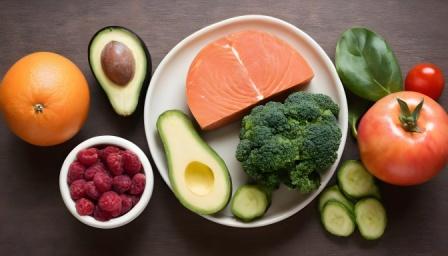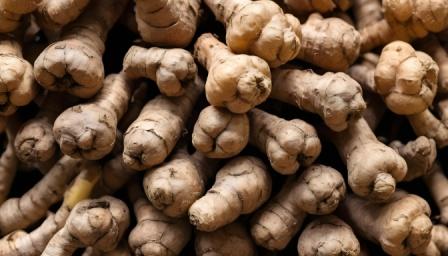Honey, the golden nectar produced by bees, has been revered for centuries for its sweetness, therapeutic properties, and cultural significance. While enjoyed year-round, winter seems to amplify its appeal, offering a warm comfort against the chill and potential health benefits to combat seasonal ailments. Let's dive deeper into the science behind honey's potential wintertime roles:
Immune System Booster:
- Antioxidants & Antimicrobials: Honey is rich in antioxidants like flavonoids and phenolic acids, which help scavenge free radicals and may enhance immune function. Studies suggest that these antioxidants may reduce inflammation and support the body's natural defenses against viruses and bacteria, potentially reducing the risk or severity of winter illnesses like colds and flu.
- Prebiotics & Probiotics: Some honey varieties, particularly raw and unfiltered ones, contain prebiotics, a type of fiber that nourishes beneficial gut bacteria. These bacteria play a crucial role in immune function by regulating inflammation and preventing the growth of harmful pathogens.
Sore Throat Soothing:
- Viscosity & Coating: Honey's thick, viscous nature forms a protective coating on the throat, which can temporarily soothe irritation and suppress cough reflex. Studies have shown that honey can be as effective as some over-the-counter cough suppressants in relieving cough symptoms, especially in children.
- Antibacterial Properties: Honey's natural antibacterial properties may help fight off infections in the throat that contribute to pain and discomfort. Additionally, its sweetness can numb nerve endings in the throat, providing temporary relief.
Energy Source & Warming Agent:
- Readily Available Carbohydrates: Honey provides a quick and efficient source of energy due to its simple sugars, fructose and glucose. This can be particularly beneficial during the cold winter months when your body needs additional energy to maintain warmth and activity.
- Thermogenic Effect: Some studies suggest that honey may have a mild thermogenic effect, meaning it can slightly increase your body's metabolic rate and heat production. This can contribute to a feeling of warmth and comfort during cold weather.
Natural Sleep Aid:
- Melatonin Release: Honey contains trace amounts of melatonin, a hormone that regulates sleep-wake cycles. While the quantity is small, consuming honey, especially with warm milk before bed, may contribute to a slight reduction in sleep latency and improvement in sleep quality.
Important Considerations:
- Moderation is Key: While honey offers potential benefits, it's important to remember that it is still a concentrated source of sugar. Consume it in moderation as part of a balanced diet, with the recommended daily limit for adults being around 12 teaspoons of added sugar.
- Infant Botulism Risk: Honey can harbor spores of the bacterium Clostridium botulinum, which can be harmful to infants under 1 year old due to their immature immune systems. Therefore, honey should not be given to infants.
- Allergic Reactions: Raw honey may contain pollen and spores that can trigger allergic reactions in sensitive individuals. Consult a healthcare professional if you have any concerns.
Honey can be a valuable part of a healthy winter diet when consumed in moderation. Its potential benefits for immune support, sore throat relief, energy, and sleep enhancement can offer welcome comfort and support during the colder months. However, it's crucial to prioritize a balanced diet, exercise, and adequate sleep for optimal winter well-being. Always consult your doctor for personalized advice before incorporating any new dietary elements, especially if you have any underlying health conditions.
Remember, honey is not a magical cure-all, but its sweetness and potential health benefits offer a delightful and potentially helpful addition to your winter routine. Enjoy a warm honey-infused beverage, drizzle it on yogurt, or add a spoonful to your tea for a comforting wintertime treat that may provide a touch of natural goodness.
The safe amount of honey to consume per day







